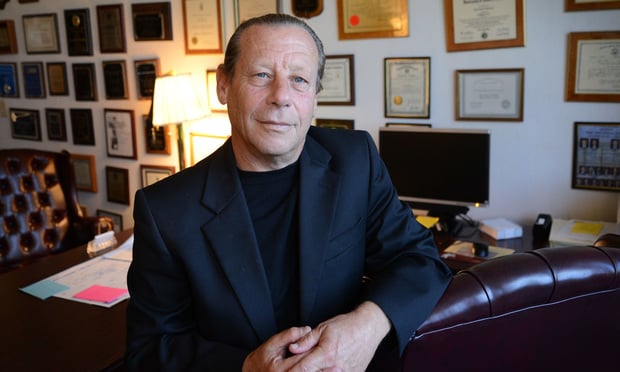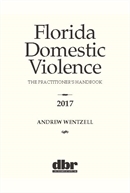Prosecutors announced that beginning this week they intend to start trials of the 46 political figures arrested in the run-up to Nicaragua’s Nov. 7 presidential election.
Many of the prisoners, including seven people who had been considered potential candidates to challenge President Daniel Ortega in the election, have been held since May or June. Ortega ran essentially unopposed and won the November vote, which was widely criticized as a farce.
Relatives have said 39 prisoners have been detained for months after the roundup have been subjected to isolation, constant interrogations and insufficient food. Seven others are under a form of house arrest.
Prosecutors said the trials of those in prison, and some under house arrest, will start Tuesday.
Lawyer Vilma Núñez, who leads the Nicaraguan Human Rights Center, predicted the hearings will be show trials, with the outcome already concluded.
“This looks like it will be pre-ordained convictions of innocent people,” Núñez said.
“Nobody should be confused. These are not trials,” Núñez said. “These are repressive farces that the regime uses to issue convictions and continue to intimidate the people.”
Some 39 opposition figures have been held at the capital’s El Chipote prison since the arrests started in May.
Prosecutors said they will be tried “for having violated the constitution” and for “undermining national integrity, by having received foreign funding to commit crimes of laundering money, property and assets.”
The first to be tried will apparently be activists Yader Parajón and Jaser Vado, followed later by opposition leaders Ana Margarita Vijil and Dora María Téllez, a former rebel commander in the now ruling Sandinista movement.
A controversial law passed in December gives Ortega’s government the power to unilaterally declare citizens as “terrorists” or coup-mongers, and classify them as “traitors to the homeland.”
The law bans candidates “who lead or finance a coup … encourage foreign interference, ask for military intervention … propose or plan economic blockades, applaud and champion the imposition of sanctions against Nicaragua or its citizens.”
A statement by relatives complained they were not allowed to bring the prisoners blankets and said some were kept in cells with lights on 24 hours a day, while others were kept in darkness. They said most of the cells were small, with concrete bed slabs covered by worn-out mattresses.
The Nov. 7 election was stripped of leading opposition figures by the arrests and denounced as illegitimate by the United States, European Union and the Organization of American States General Assembly.
Ortega, the Sandinista party leader, now 76, won a fourth consecutive term.
The ruling Sandinista Front and its allies control the congress and all government institutions. Ortega first served as president from 1985 to 1990, after the 1979 revolution that ousted the Somoza family dictatorship, before returning to power in 2007.


 Nicaraguan President Daniel Ortega. Credit: Harold Escalona/Shutterstock.com
Nicaraguan President Daniel Ortega. Credit: Harold Escalona/Shutterstock.com








